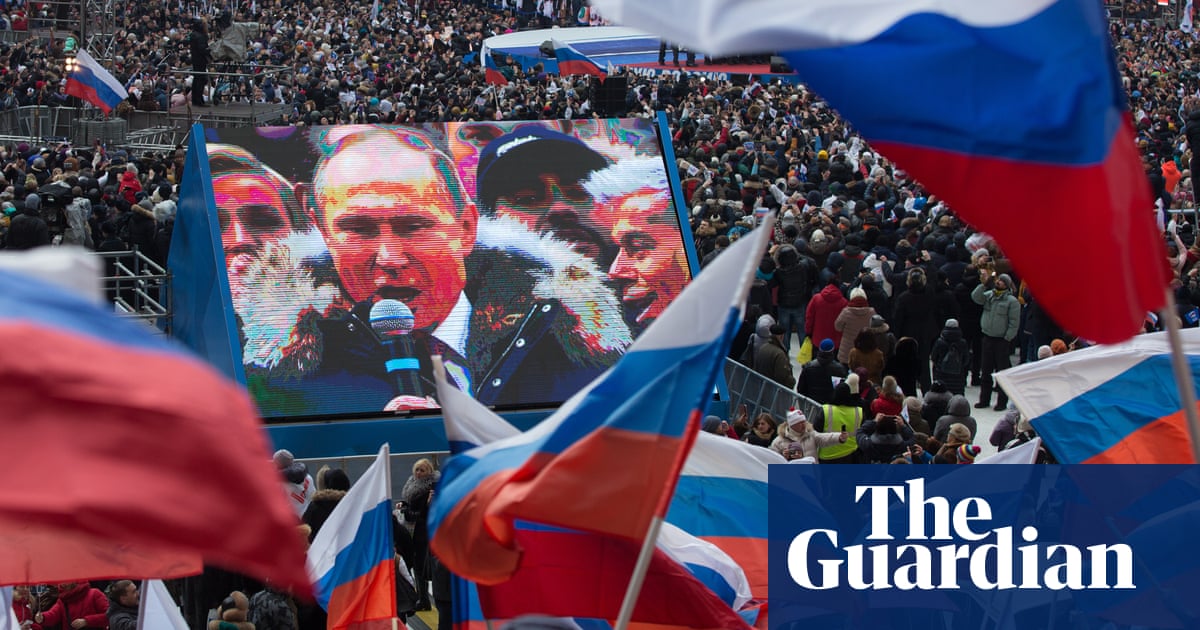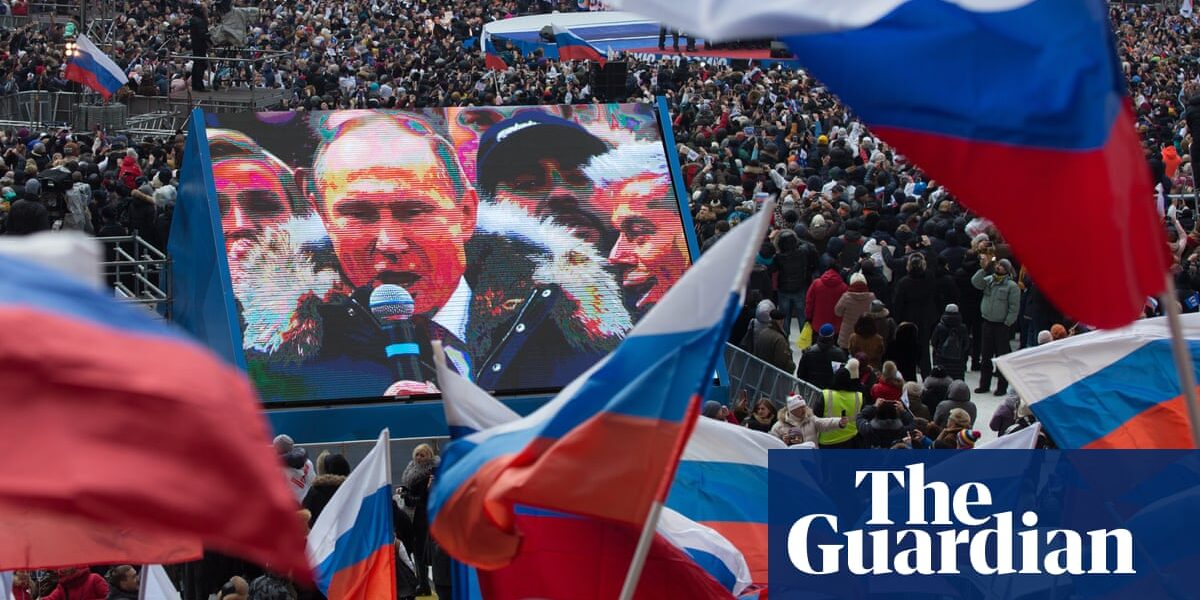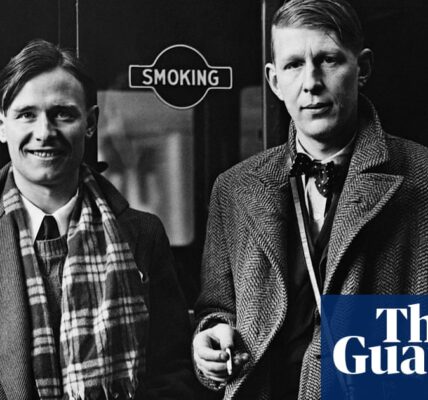
J
Who exactly is Vladimir Putin? Over the course of his 20 years in power, the appearance of the Russian leader has undergone several foreboding transformations. He went from being a alert but bland bureaucrat in his early years to a mysterious figure with a smooth face, and eventually to a tsar-like figure with a menacing feline quality, as if he had just devoured a bird. These changes pale in comparison to the transformations that have taken place in Russia as a whole. At the turn of the century, it appeared to be moving towards democracy, albeit imperfectly. There were elements such as free speech and opposition politicians, and even Putin himself spoke earnestly about forming partnerships with his former enemies from the Cold War era. So what exactly caused this dramatic shift?
The protagonist of Giuliano da Empoli’s captivating first novel, The Wizard of the Kremlin, is the ideal person to provide us with insights. His name is Vadim Baranov and he is a highly knowledgeable insider of the Kremlin. Baranov was present alongside Putin during his ascent to leadership and the transformation of Russia. Although he is now retired, he remains a mysterious individual with an incredible tale to share.
The story begins with an unnamed person who travels to Moscow to study the works of Yevgeny Zamyatin, a writer. They discover that Baranov, who is difficult to find, is also a fan of Zamyatin’s dystopian novel, We. After connecting on social media, the narrator visits Baranov’s secluded country house where he has retired after leaving the world of politics. Throughout one night, Baranov shares his life story with the visitor. The 19th-century setting and the dramatic encounter between the two characters seem deliberately exaggerated, while Baranov’s storytelling skills are impressively smooth. However, this is a novel about deception and controlling reality, and Baranov’s captivating storytelling quickly captures the reader’s attention. The Wizard of the Kremlin, translated from French by Willard Wood, moves swiftly through the chaos of 1990s Russia to the brink of the current conflict in Ukraine.
Baranov shares his experiences of growing up in the captivating time at the end of the USSR. As censorship ends, Russia’s cultural scene is invigorated and its artists and thinkers appear to be leading towards a brighter tomorrow. However, Baranov, who is always ahead of his time, soon becomes disillusioned. He is disgusted by the verbose and impractical nature of the country’s intellectuals, stating, “I was now repulsed by the deep sadness of the literary figure, their inability to bring joy, and their overall lack of suitability for the real world.”
Baranov predicts that the future will favor individuals who are colder and more practical, and his prediction is accurate. He becomes involved in a series of collaborations with other ambitious Russians, all of whom are real people: first with entrepreneur Mikhail Khodorkovsky, then with oligarch Boris Berezovsky, and finally, and most importantly, with Vladimir Putin himself. To each of these men, he is a crucial ally. He serves as a strategist, organizer, and public relations expert. Despite eventually losing respect for the art world, Baranov sees himself as an artist – one who works with the human mind and serves political power.
Baranov’s perspective on events has been influenced by his relationships with his traditional Soviet father and his rebellious grandfather. The shame that the country experienced after the collapse of the Soviet Union is a deeply personal issue for him. This becomes a common point of understanding when he meets Putin, who is determined to revive Russia and restore its former imperial glory. After an encounter with the actual writer Eduard Limonov, Baranov comes to the realization that perhaps the excessive imitation of Western culture in the late 1990s was not the right path. He begins to consider taking a different path.
Baranov’s cunning manipulation allowed him to push forward with a concept of Russian superiority, constructing a national legend and fostering resentment towards how the country is perceived by other nations. This ultimately brings us to the current conflict in Ukraine.
As a devoted admirer of Russia, this book is exactly what I enjoy. It brought to mind works such as Limonov by Emmanuel Carrère, nonfiction by Peter Pomerantsev, political thrillers by Robert Harris, documentaries by Adam Curtis, and the calculated reasoning of Fyodor Dostoevsky’s The Grand Inquisitor. I was drawn to Baranov’s character, his dark cynicism, self-awareness, and sharp political analysis. Additionally, the novel serves as a thorough review of recent Russian history. Through Baranov’s interactions with Putin and others, The Wizard of the Kremlin immerses us in the center of Russian power and presents a set of ideas about the country that may reflect the beliefs of its leaders.
Although knowledge of this may not be necessary for enjoying the book, it is evident that Baranov is based on a real individual. While their biographies differ significantly, Baranov can be recognized as a portrayal of Vladislav Surkov, a politician and strategist who aided Putin in his ascent to power. Pomerantsev argues in his important book Nothing Is True and Everything Is Possible that comprehending Surkov is crucial in understanding contemporary Russia. In his narrative, Surkov is a cunning and brilliant postmodern Machiavelli who, like Baranov, transformed Russian politics into a massive reality TV show centered around his master, Putin. Da Empoli’s novel is a testament to its success as a work of fiction, but the fact that it is rooted in reality leaves a haunting impression long after it has been read.
Source: theguardian.com




